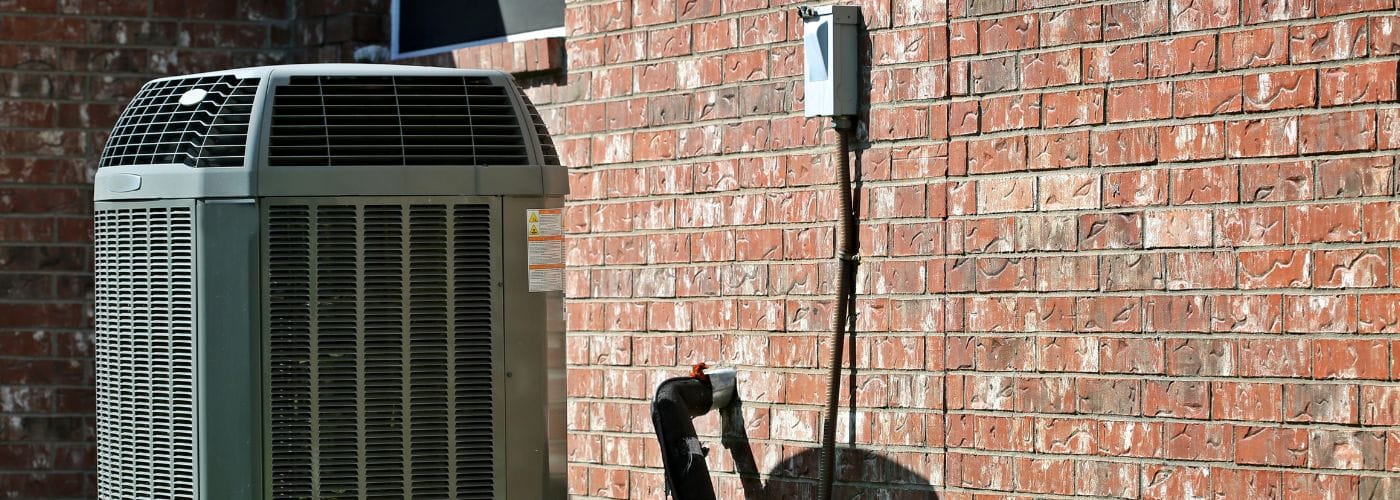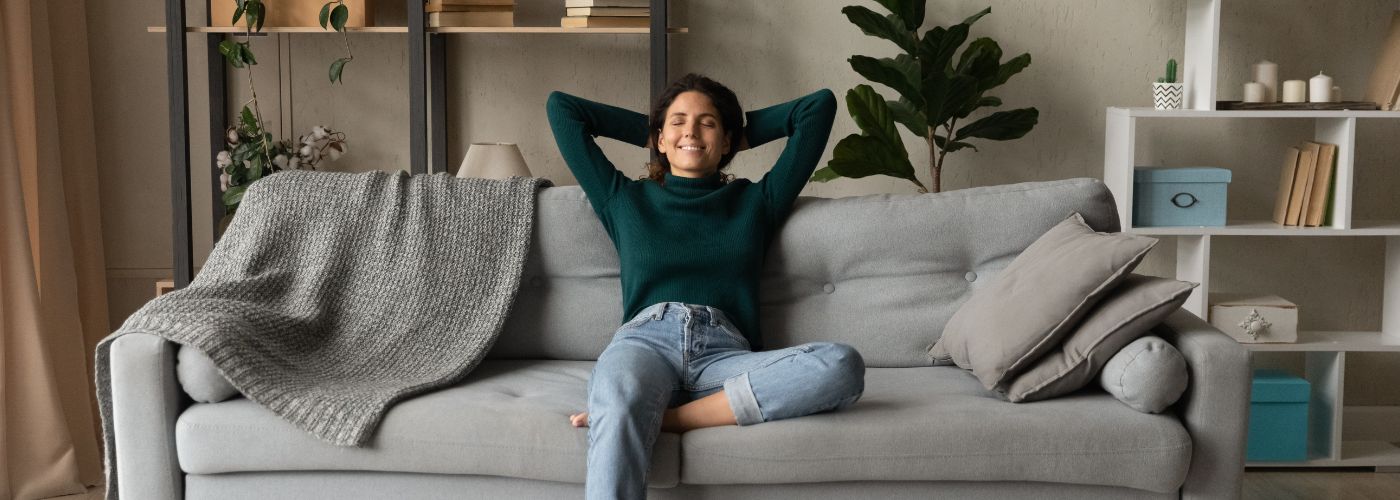Are you tired of feeling uncomfortable in your own home during the scorching summer months? If so, it’s time to discover some simple yet effective ways to make your home colder without breaking the bank. From optimizing your ventilation system to strategically blocking out sunlight, this article will provide you with helpful tips on making your home colder! Say goodbye to sweaty nights and hello to a cooler, more enjoyable home environment!
What Causes Poor AC Cooling?

One common reason for poor cooling is a dirty air filter. Over time, dust and debris accumulate in the filter, restricting airflow and reducing the unit’s efficiency. Cleaning or replacing the air filter regularly can significantly improve your AC’s performance.
Another possible cause could be a refrigerant leak. Refrigerant is responsible for absorbing heat from indoor air, but if it leaks out of the system due to damaged pipes or connections, your AC won’t be able to cool effectively.
Another cause for poor AC cooling is a malfunctioning compressor. The compressor is responsible for pressurizing the refrigerant, which allows it to absorb heat from indoor air. If the compressor is not functioning properly, it may not be able to circulate the refrigerant effectively, resulting in poor cooling performance. This is why AC maintenance is important to keep your unit in functioning order.
Additionally, a blocked or obstructed condenser coil can also lead to inadequate cooling. The condenser coil is located outside and helps release heat from the refrigerant into the outdoor air. Oftentimes the AC coil can get dirty and full of dust and debris, which causes poor AC cooling. AC condenser coil cleaning is required to get the condenser to the right temperatures.
How To Increase AC Cooling

Are you tired of sweltering in the heat during summer days? If your AC is not providing enough cooling, then it’s time to ditch the old AC system and get new AC installation. A poorly installed air conditioning unit can result in reduced cooling performance and higher energy bills. It’s crucial to hire a professional technician who can accurately size and install the system according to your home’s specific needs.
HVAC zoning installation is great for homes and businesses alike because it allows for personalized temperature control in different areas. With HVAC zoning, you can set different temperatures for each room or zone, ensuring optimal comfort throughout your space. This not only enhances your overall cooling experience but also helps save energy and reduce utility costs.
Another way to enhance AC cooling is by regularly cleaning or replacing air filters. Clogged filters restrict airflow, making it harder for your unit to cool the air efficiently.
By cleaning or replacing these filters every one to three months, depending on usage, you will allow for better airflow and improve cooling capacity. Moreover, keeping curtains or blinds closed during hot hours can prevent excessive heat from entering your space and overworking your AC system.
Does Insulation Help Home Temperature?
Does insulation really help maintain a comfortable home temperature? Yes, it does!
Firstly, insulation acts as a barrier against heat flow, preventing it from escaping during winter or entering during summer months. This means that your HVAC system won’t have to work as hard to maintain the desired indoor temperature, resulting in significant energy savings.
Additionally, insulation helps create an even distribution of warmth or coolness throughout your living spaces by minimizing drafts and cold spots. By reducing heat transfer through walls, floors, and roofs, insulation can effectively keep your home at a comfortable temperature all year round. Good quality insulation also enhances soundproofing capabilities and contributes to overall indoor air quality.
Some good insulation materials for homes are fiberglass, cellulose, spray foam, and rigid foam.
Fiberglass insulation is one of the most commonly used types due to its affordability and effectiveness. It consists of fine glass fibers that trap air pockets, slowing down heat transfer. Fiberglass insulation comes in batts or rolls that can be easily installed between wall studs or in attic spaces.
Cellulose insulation is another popular choice for its eco-friendly properties. It is made from recycled paper products, such as newspapers and cardboard, which are treated with fire retardants. Cellulose insulation is blown into wall cavities or attic spaces using special equipment, ensuring a tight fit and maximum coverage.
Spray foam insulation is known for its superior air sealing properties. It expands when applied and fills in all the nooks and crannies, creating an airtight barrier that prevents heat loss or gain.
What Helps AC Lifespan?
Regular AC maintenance is crucial for prolonging the life of your AC unit. Schedule annual inspections with a professional technician who can clean and inspect all components thoroughly. This process includes checking refrigerant levels, cleaning coils and filters, as well as examining electrical connections.
Additionally, don’t forget to change or clean your air filters regularly – preferably every one to three months – as clogged filters reduce airflow and strain the system.
Secondly, keeping an eye on the thermostat settings can make a significant difference in extending your AC’s lifespan. By adjusting the thermostat settings appropriately, you can avoid unnecessary strain on your AC unit. Setting the temperature a few degrees higher in summer and lower in winter can help reduce the workload on your system, ultimately prolonging its lifespan.
Lastly, consider investing in a programmable or smart thermostat that allows you to create customized schedules for different times of the day. This way, you can ensure that your AC is not working harder than necessary when you are away from home or during sleeping hours.
